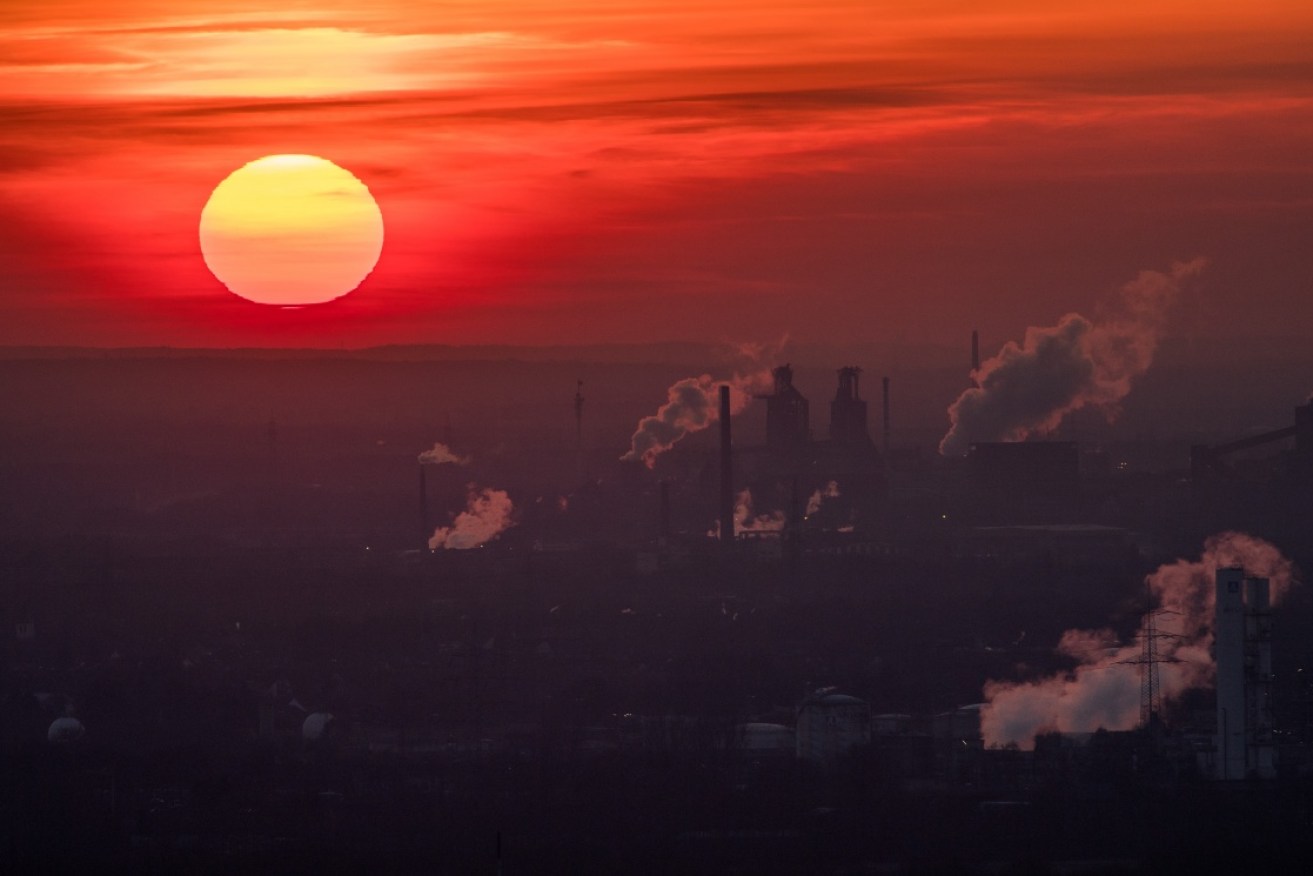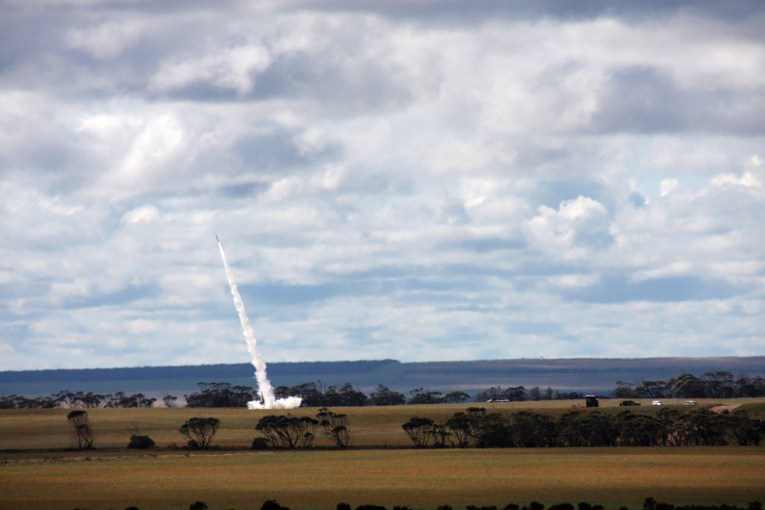Runaway global warming just decades away

The Earth could soon be locked on a continuing rapid path toward much hotter conditions. Photo: Getty
Earth may be just decades away from a climatic tipping point that triggers runaway global warming and threatens the future of humanity, scientists have warned.
The threshold will be reached when average global temperatures are only about two degrees higher than they were in pre-industrial times, new research suggests. They are already one degree higher, and rising.
Feedback mechanisms acting “like a row of dominoes” will then spin the world into a “Hothouse Earth” state of uncontrollable climate change.
Long term, the climate will stabilise at a global average of four to five degrees above pre-industrial levels, the study shows.
If that happens, swathes of the planet around the equator will become uninhabitable, with sea levels up to 60 metres higher than they are today, threatening coastal cities.
A Hothouse Earth would pose “severe risks for health, economies, political stability, and ultimately, the habitability of the planet for humans”, the international scientists have written in the journal Proceedings of the National Academy of Sciences.
The research highlighted 10 feedback processes that were predicted to kick in at about two degrees of global warming.
The tipping point dangers identified include thawing permafrost, the release of methane trapped on the ocean floor, weakening land and ocean carbon sinks, increased carbon dioxide production by ocean bacteria, reduced northern hemisphere snow cover, loss of Arctic summer sea ice, reduced Antarctic sea ice and melting polar ice sheets.
“Our analysis suggests that the Earth system may be approaching a planetary threshold that could lock in a continuing rapid pathway toward much hotter conditions – Hothouse Earth,” the scientists wrote.
“This pathway would be propelled by strong, intrinsic, bio-geophysical feedbacks difficult to influence by human actions, a pathway that could not be reversed, steered or substantially slowed.”
Avoiding a Hothouse Earth would require “deep cuts” in greenhouse gas emissions, as well as concerted efforts to remove carbon dioxide from the atmosphere, both by preserving natural carbon sinks and using technology, the researchers said.
-AAP








